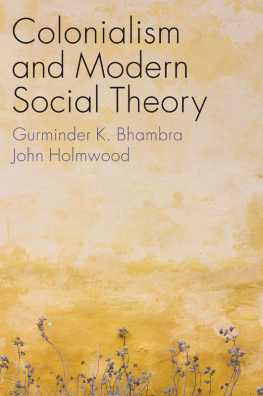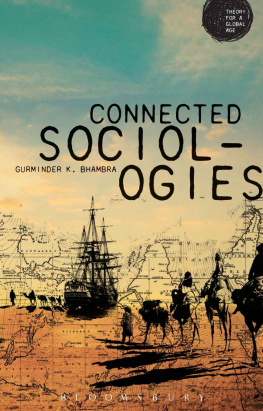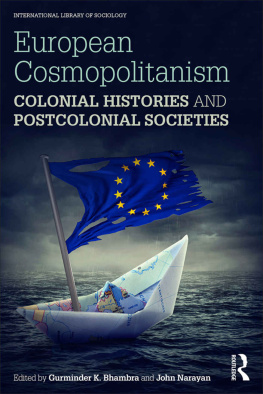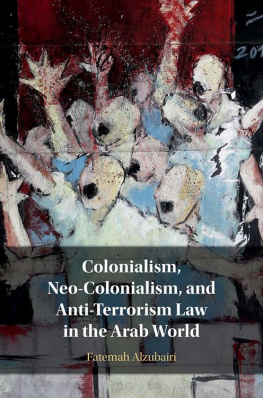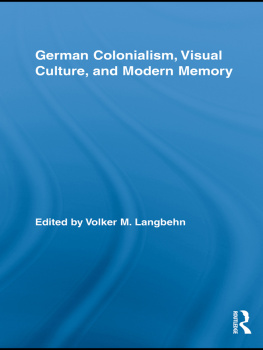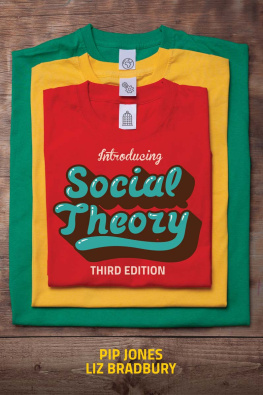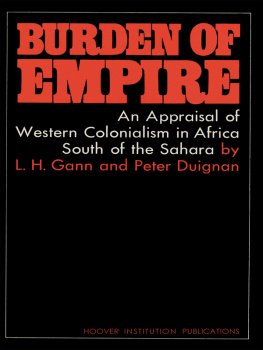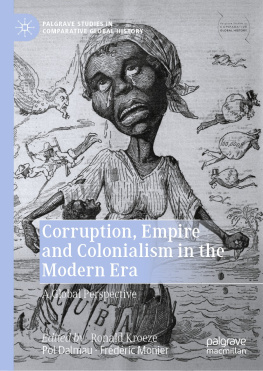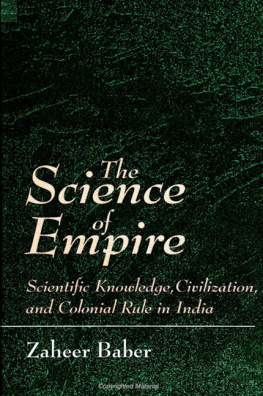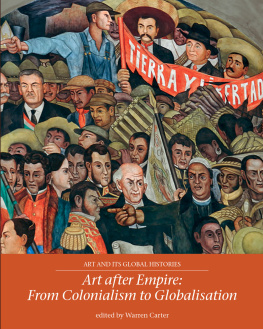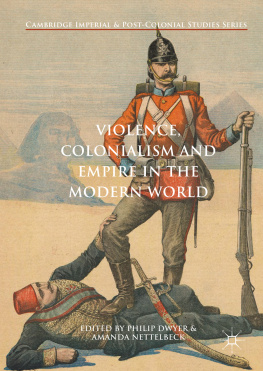
Dedication
For the Uncle Rabbit Social Club
Colonialism and Modern Social Theory
Gurminder K. Bhambra and John Holmwood
polity
Copyright Page
Copyright Gurminder K. Bhambra and John Holmwood 2021
The right of Gurminder K. Bhambra and John Holmwood to be identified as Author of this Work has been asserted in accordance with the UK Copyright, Designs and Patents Act 1988.
First published in 2021 by Polity Press
Polity Press
65 Bridge Street
Cambridge CB2 1UR, UK
Polity Press
101 Station Landing
Suite 300
Medford, MA 02155, USA
All rights reserved. Except for the quotation of short passages for the purpose of criticism and review, no part of this publication may be reproduced, stored in a retrieval system or transmitted, in any form or by any means, electronic, mechanical, photocopying, recording or otherwise, without the prior permission of the publisher.
ISBN-13: 978-1-5095-4129-4
ISBN-13: 978-1-5095-4130-0(pb)
A catalogue record for this book is available from the British Library.
by Fakenham Prepress Solutions, Fakenham, Norfolk NR21 8NL
The publisher has used its best endeavours to ensure that the URLs for external websites referred to in this book are correct and active at the time of going to press. However, the publisher has no responsibility for the websites and can make no guarantee that a site will remain live or that the content is or will remain appropriate.
Every effort has been made to trace all copyright holders, but if any have been overlooked the publisher will be pleased to include any necessary credits in any subsequent reprint or edition.
For further information on Polity, visit our website: politybooks.com
Table of Contents
Guide
Pages
Preface and Acknowledgements
In this book we discuss modern social theory in the context of the history of European colonialism and the construction of the United States as a nation with a manifest destiny across the continent. The dominant accounts of modernity, which encompass ideas of liberty, democracy, and progress, are strongly determined by these events. Colonialism is largely absent from these understandings, yet it haunts everyday life in the self-defined centres of modernity. It forms the unacknowledged context of the migrant crisis in Europe and of populist ressentiment and rejections of multiculturalism.
We came to write this book after a period of research leave in the United States in 201415. This coincided with celebrations of fifty years since the passing of the Voting Rights Act in the United States and an increasing recognition that, rather than having been built upon, many of the gains of this period were being dismantled. Black Lives Matter had recently emerged as a distinctive new protest movement new, that is, to those unfamiliar with the facts of what Michelle Alexander calls the new Jim Crow and resistance to it. Among our many conversations, and with the benefit of distance, we necessarily turned to the issue of how our own context in the United Kingdom was similar. The referendum on Scottish independence was under way and was making evident the fractures within Britain, fractures that would open more dramatically with the referendum to leave the European Union a couple of years later.
These events were part of everyday lived experience, yet seemed at odds with the dominant sociological sensibility. An overwhelming majority of academics supported remaining in the European Union and, in the aftermath of the vote, there was a call that they needed to reconnect with ordinary citizens. A similar call was issued in the United States after the election of Donald Trump to the office of president. It is right that there should be introspection about such moments, reflection on sociologys broader failure to recognise the underlying currents and offer cogent analyses of the situation. Of course, it would have been better if these analyses had been available before the events as the currents have been running over a long course. Just as the assumptions of economics came to be questioned after its failure to anticipate the financial crisis of 2008, so the assumptions of sociology and other social sciences are in question now.
One response is in favour of a realignment with the current flow. This is evident in calls by some in the United States and Europe to recognise the legitimate claims of a white working class that has been left behind. However, the apparent normalisation of these issues as being about class and not about identity reveals the strongest identity claim of all. After all, class issues could most easily have been addressed regardless of race and ethnicity, through inclusive social and economic policies. The focus on a special disadvantage to white workers, who were nonetheless relatively more advantaged than ethnic minority workers, indicated that the concern was less with economic disadvantage than with the inclusion of multicultural others.
Here we want to identify the social structural basis of this newly articulated identity politics and to understand how such a basis has been elided from contemporary sociology as a consequence of the conceptual frameworks bequeathed in the development of modern social theory. In none of the writers who make up the usual canon of modern social theory is there a discussion of race as central to the social structures of modernity. We trace this absence to a failure to account for the centrality of colonialism and empire within the modern world.
As we explain in the Introduction, our focus is self-consciously on European social theory and on European and US colonialism. In this sense, our book has a paradoxical quality. It answers recent appeals to decolonise the curriculum by insisting on the need for a full acknowledgement of the nature of colonialism and its determining role in the construction of the modern world, including its metropolitan centres. In doing so, our book does not claim that modern social theory has become irrelevant. While the concepts of sociology and social theory have been represented as universal, they embody particular experiences and epistemological claims. This limitation is an opportunity for reconstruction, to be achieved by taking the colonial context into account and by learning from others. This process is the same, both inside and outside the academy.
If, as Danielle Allen argues, you have always occupied the public space, then the demand by others to be part of that space too, and on equal terms, will seem a provocation and making room will be experienced as a loss. However, what is experienced in this way is the loss of an advantage over people who were previously excluded and dominated. In the circumstances, what needs to be done is not simply a matter of adding new voices, but one of transforming the public space so that it works for all. For example, from the perspective of Black Lives Matter, all lives do indeed matter. Yet those who argue all lives matter fail to acknowledge the specific structures that maintain their own lives while damaging the lives of others. Black Lives Matter represents the self-organization of African American communities and the necessary protection of their lives. The injunction to others is to address the social structures that have made this movement necessary.
An equivalent issue in Europe is that of multicultural equality. All European empires were empirically multicultural and multireligious, but experienced no difficulty in managing the consequent differences from a position of hierarchical organization and domination. The current perception of a threat to European identity as a result of immigration fails to recognise that, in the course of colonial history, European populations moved in greater numbers and with greater effect on the populations they encountered than is the case in the course of migration
Next page
